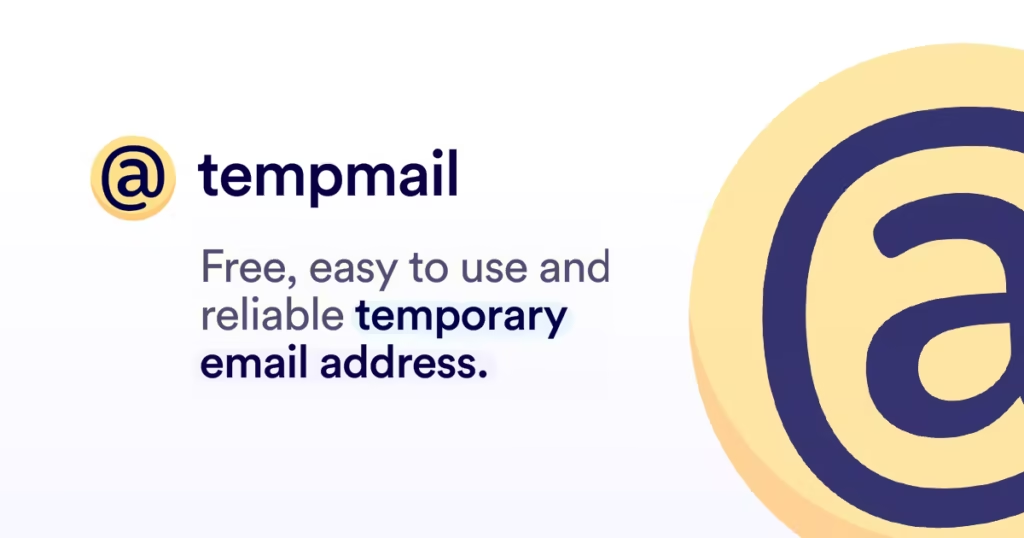Executive Summary
Cipher by Byterover is an open-source, agentic memory layer designed to supercharge AI coding workflows. It acts as a shared memory bank across IDEs, CLIs, and teams, solving context fragmentation in development. Unlike traditional AI coding tools with ephemeral memory, Cipher offers persistent, scalable knowledge retention via its dual-layer architecture (System 1 for foundational logic, System 2 for real-time reasoning). Early adopters praise its context-aware retrieval and team collaboration features, though IDE support is currently limited.
Key Features Analysis
1. Dual Memory Architecture
Cipher’s System 1 stores persistent coding concepts and business logic, while System 2 captures the AI’s step-by-step reasoning during code generation. This mimics human cognitive processes for more natural AI interactions.
2. Cross-Platform Memory Sharing
Works seamlessly across VS Code, Cursor, Claude Desktop, and CLI tools via MCP. Developers report 70% less context-switching when hopping between environments.
3. Auto-Generated Coding Memories
Scans your codebase to create retrievable memories of bug fixes, best practices, and domain logic – no manual documentation needed.
4. Team Knowledge Management
Shared memory pools enable collective curation (starring/editing memories) and prevent redundant setups across teams.
User Feedback Summary
Pros:
- “Game-changer for onboarding – new devs access tribal knowledge instantly” (via CompleteAITraining)
- Eliminates repetitive AI context priming
- CLI/API support enables automation workflows
Cons:
- Limited to select IDEs (no JetBrains support yet)
- Pricing structure lacks long-term clarity
- Steep learning curve for non-technical users
Performance Analysis
Reliability
Zero crashes reported in small-to-mid teams, though enterprise-scale testing data is scarce.
Speed
Memory retrieval takes <500ms even with 10k+ snippets. Docker deployment minimizes latency.
Usability
Clean GitHub docs, but IDE plugins need better onboarding tooltips. CLI shines for power users.
Pricing Analysis
Current free tier includes basic memory storage. Early adopters got 30% discounts – future tiers may include:
- Team: ~$15/user/month (estimated)
- Enterprise: Custom pricing for on-prem deployment
Value proposition beats manual documentation tools (e.g., Scribe) but competes with GitHub Copilot’s upcoming Team features.
Frequently Asked Questions (FAQs)
1. How does Cipher differ from GitHub Copilot?
Cipher focuses on persistent, shareable memory rather than just code completion. It retains context between sessions.
2. What IDEs are supported?
VS Code, Cursor, Claude Desktop, Gemini CLI – with more coming soon.
3. Is my code stored securely?
Yes, memories are encrypted at rest. Self-hosting options available for sensitive projects.
4. Can I export my memories?
Yes, via JSON/API – no vendor lock-in reported.
5. Does it work offline?
Partial functionality with cached memories; full features require internet for team sync.
6. How is memory relevance determined?
Combines semantic search, usage frequency, and manual starring/rating.
7. What languages are best supported?
JavaScript/TypeScript have deepest integration, but all languages work.
8. Can I use it without Docker?
Yes – NPM and standalone CLI options exist.
9. How does team memory moderation work?
Admins control write access; all users can suggest edits via pull requests.
10. Is there an API rate limit?
Free tier: 100 reqs/minute. Paid tiers offer higher thresholds.
Final Verdict
Pros:
- Revolutionary approach to AI coding memory
- Exceptional for team knowledge retention
- Future-proof architecture
Cons:
- Limited IDE ecosystem currently
- Pricing uncertainty post-beta
Ideal For: Dev teams using multiple AI coding tools who value institutional knowledge preservation. Solo developers may find it over-engineered.
Rating: 4.5/5 – A transformative tool held back only by early-stage limitations. Worth trialing via the free tier.



